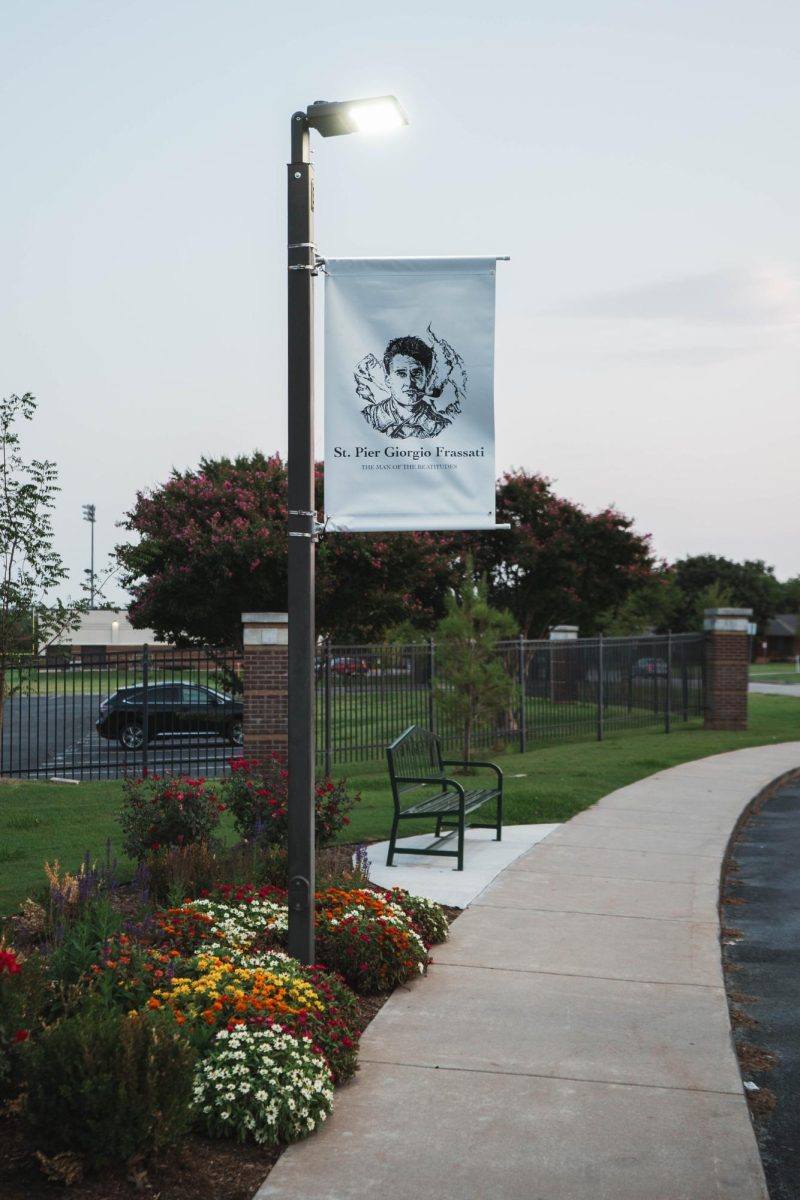Welcome to the world of gods, heroes, and quests: Percy Jackson didn’t want to be a halfblood, but he’s going to have to catch up quickly before the gods start a war over Zeus’s missing bolt.
As a long time Percy Jackson fan, I eagerly awaited the release of the new series on Disney Plus with high hopes for it to surpass the mediocre movies. Overall, I was very pleased with the show; the character and spirit of the books shone through even though scenes were shortened or adjusted for the screen.
After a fight with his demon math teacher, Ms. Dodds, Percy is thrust into the world of gods and monsters where no demigod is safe. He finds a temporary sanctuary at Camp Halfblood, but is sent out on an urgent quest to return Zeus’ stolen lighting bolt before war breaks out among the gods. With his quest mates, Annabeth daughter of Athena and Grover the Satyr, he must travel across America to the underworld in LA. They encounter many obstacles, facing off against the antagonists of Ancient Greek myths in the modern world. Through it all, Percy is troubled by a warning from the oracle that states he will face betrayal by a friend, and fail to save what matters most.
The series is a great introduction to the world of Greek mythology, and themes such as glory likens the story to a Greek epic. However, Percy challenges the dysfunctional Olympian family and points out the flaws in a system that encourages fear rather than love and loyalty. He forges meaningful bonds with Annabeth and Grover and heroically faces danger to keep them safe.
Monsters prey on the insecurities of Halfbloods, tracking their fear and uncertainty. The demigods face many challenges from the formidable furies sent from Hades to the subtle traps of the Lotus Hotel. The gods prove to be both a help and a hindrance to their quest as each has their own agenda to follow.
One critique I have of the series is that the monsters and characters are often immediately revealed to Percy, as opposed to the books where he must puzzle out their identity. This robs the audience of the chance to solve any mysteries and to discover the world of Greek myths gradually alongside Percy. Additionally, many of my favorite scenes from the book were shortened or cut entirely. As always with adaptations, I have to say the book is better. The series lacks Percy’s snarky narration, and it cuts many humorous moments that give the story more levity.
However, some of the alterations were welcome changes, such as the portrayal of Medusa as a complex character rather than a flat villain. There are new jokes and conversations between Percy and his friends that I enjoyed immensely. The audience gained new insight into Sally Jackson, Percy’s mother, and her relationship with Percy’s godly father. The story stays true to the original elements of the book, but changes the surrounding events and conversations enough for the story to be new and refreshing to long-time fans of the book.
Despite my complaints, I had a lot of fun watching the series. It’s a fun, family friendly introduction to Greek myths that contains many important lessons about family and kindness. The series is a far closer adaptation of the books than the movies, and will please long-time fans while remaining accessible to first-time viewers. I recommend this series to anyone who is interested in Greek myths and could use a story about the power of family and friendship.







